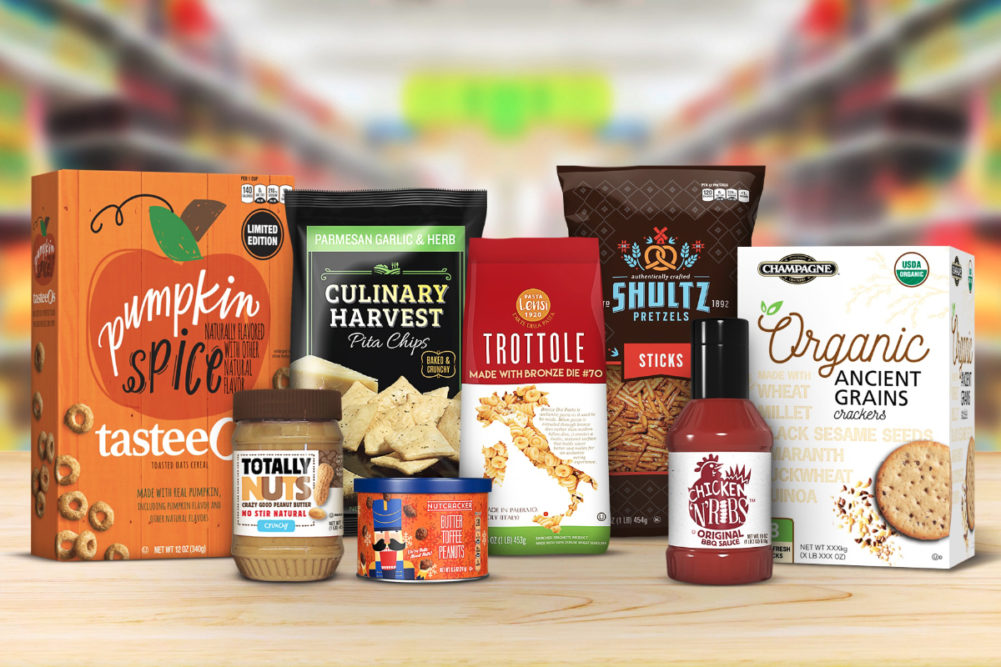OAK BROOK, ILL. — Lower-than-expected consumer demand for private label brands created a headwind for TreeHouse Foods, Inc. in the second quarter.
For the quarter ended June 30, net income was $8.4 million, an improvement over the same period of the prior year, when the company lost $1.5 million. Quarterly sales fell 3.7% to $1 billion from $1.04 billion a year ago, with sales for TreeHouse’s Snacking & Beverage unit declining 5% to $355.6 million. The Meal Preparations business unit saw sales fall 3% to $647.6 million.
The company attributed the decrease in sales to higher levels of disposable income resulting from government stimulus and fewer spending outlets. This dynamic has artificially supported a shift in traditional value shoppers’ buying patterns, said Steven T. Oakland, president and chief executive officer of TreeHouse Foods, during an Aug. 5 conference call with analysts.
“As stimulus dollars have periodically boosted income, we have seen a greater propensity for that shopper to trade up,” he said.
The purchase behavior for brands versus private labels varies by different income levels, he added. For households with income greater than $100,000, around 17% of their food and beverage purchases were private label in the second quarter, consistent with pre-pandemic levels. Households making less than $100,000 shifted more of their dollars away from private label to brands as a result of the additional income.
“Our view is that this shift is not sustainable long term, particularly given the inflationary environment,” Mr. Oakland said. “We do expect that stimulus will continue to support the value shopper through the balance of 2021 before beginning to normalize as these programs recede.”
The company also saw promotional activity in certain categories impact private label consumption as more brands invested to retain consumers.
“In the second quarter, we saw aggressive competitive merchandising in a few of our meal prep categories like pasta and dry dinners,” Mr. Oakland said.
The company gained share in several categories, including crackers, pretzels and portable dressings. Those gains are expected to pay off once consumers return to more normal shopping patterns, Mr. Oakland said.
“We think it will pass, but we don’t know when it will pass,” he said. “The good news is, because we’re gaining share in our core categories, we think we’re positioned to take a larger piece of those sales and profits once it does pass.”
The company’s execution around pricing to offset higher commodity and freight costs of $160 million to $170 million has been successful, and retail customer acceptance around pricing has been strong, he said. Still, management lowered TreeHouse’s guidance for the fiscal year.
The company revised its full-year 2021 guidance ranges for earnings per share from continuing operations to $2 to $2.50, net sales between $4.2 billion to $4.25 billion and free cash flow of $250 million to $300 million. The reduction was primarily driven by the second-quarter revenue shortfall, continued uncertainty within the macroeconomic environment and its impact on consumer purchasing behavior and further escalation in commodity, freight and packaging costs.
“While I'm disappointed to take our estimate down, the combination of lingering COVID-related impact as well as a steady inflationary pressure will make for a challenging operating environment for the remainder of the year,” Mr. Oakland said.






